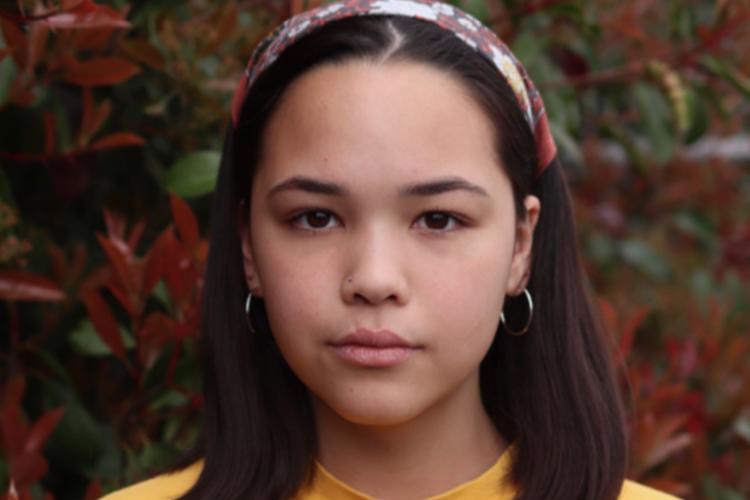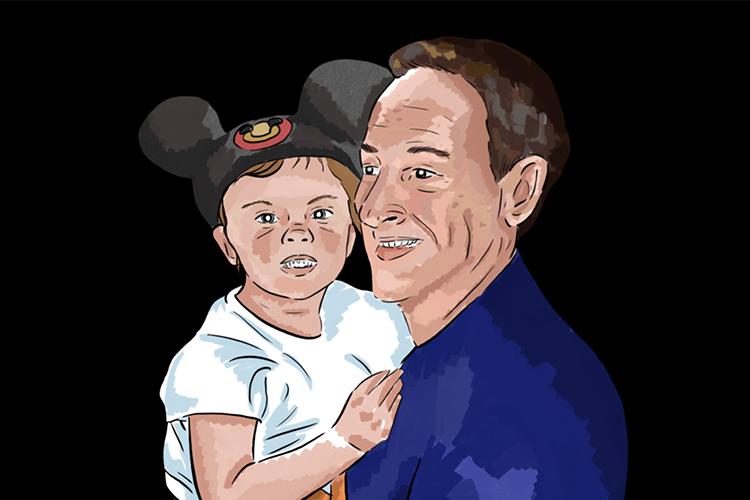
When I first heard about the sexual abuse allegations against Michael Jackson last year, I was in disbelief. I grew up only knowing one side of his story: that he inspired love through his music and devoted his time to doing humanitarian work. It seems like the loving, hopeful and compassionate side of him was the side most known. It was why he was so loved by the world and by me. In fourth grade, I even wrote a biography about Michael Jackson and why I looked up to him. I admired him for the drive that enabled him to accomplish his goals, and I saw a selfless, successful person that I aspired to be.
As a child, I dreamed of meeting the “King of Pop.” I would play “Thriller” on repeat, dancing and singing along. But, after learning of the sexual abuse accusations against him, listening to his music made me feel conflicted. I still loved his music, but I could not listen to it without feeling guilty.
Looking at the news and posts on social media, it is clear that there is a growing list of artists and musicians who have been accused of sexual assault, domestic violence or pedophilia. It has made me wonder: Is listening to an artist’s music condoning the things they have done in their personal life?
The first charges of sexual abuse against Michael Jackson were made in 1993. In 2005, he was found not guilty of all charges. Now, nearly 10 years after his death, his estate continues to deny all allegations. In January of this year, “Leaving Neverland” — a two-part documentary about Michael Jackson — was released by HBO, shedding light on his pedophilic history and the sexual assault accusations. The documentary focuses on two young boys who were befriended, seduced and allegedly emotionally and sexually abused by Jackson.
“When I knew him, he was a really nice guy. I didn’t know about the dark side. It makes it very difficult to look back on the memories, which were good memories, to think, oh boy, there was other stuff going on,” said Paul McCartney, who worked with Michael Jackson in 1983, in an interview with Radio Futuro.
In 1995, Tupac was convicted of sexually abusing a fan. In 2009, Chris Brown beat his then-girlfriend, Rihanna, leaving her with injuries that required hospitalization. Both of these artists, among others, are praised for their music, but their actions are swept under the rug.
“There are so many artists that I’ve grown up listening to and enjoying, and in many cases still enjoy, but every time they come on these days a little guilty pit in my stomach forms,” says sophomore Matisse Nash. “My mom is a manager that has been in the music industry for ages and who has friends who have been victims to big musicians that are still successful today and haven’t been called out at all. Which makes it hard to not immediately condemn people like R. Kelly and Michael Jackson who haven’t had condemning court cases at the time, because it really does happen.”
In 2006, sexual violence in underprivileged communities — specifically in the Black community — sparked the #MeToo movement, bringing awareness to sexual assault. In 2017, Alyssa Milano tweeted #MeToo, calling out sexual misconduct in the entertainment industry. This movement quickly gained traction online. Activists also organized the #MuteRKelly campaign in an attempt to stop the music industry from working with him.
Accusations against R. Kelly were ignored for decades, and it seems that even now, after being charged with 10 counts of aggravated criminal sexual abuse, he continues to thrive as an artist. Artists like R. Kelly and Michael Jackson have evaded real punishment because of their celebrity status.
They continue to deny all allegations against them, and we allow ourselves to forget. Although some artists such as Michael Jackson or XXXTentacion have passed, their estate and fans continue to defend their public image.
“Personally, I feel like it’s difficult to separate the art from the artist, because I think it’s really their expression and so if you buy their music you’re inherently giving them money. And so in a way, it’s kind of condoning what they do by continuing to support them,” says sophomore Baxter Armentrout.
Many argue that listening to an artist does not mean that you are supporting them as a person, but instead supporting the music they produce. In a way, I agree with them. When I listen to Michael Jackson, I do not think about the accusations against him but the legacy he left as one of the most important cultural figures of the 20th century. But maybe that is the problem. We ignore their actions because we think so highly of them as artists.
It is entirely up to the individual to listen to an artist and enjoy their music, but it is important to recognize the full picture of the artist that you are supporting. Instead of idealizing an artist’s image, we need to acknowledge what they have done.
































